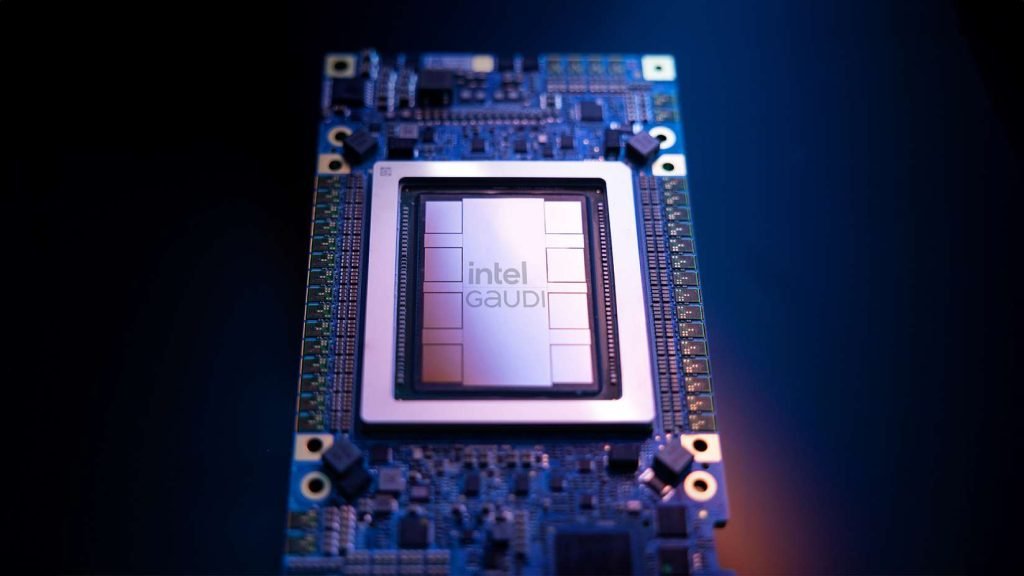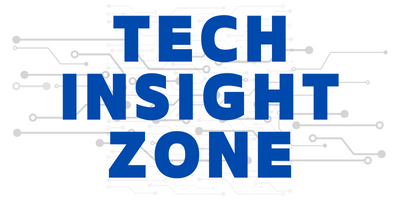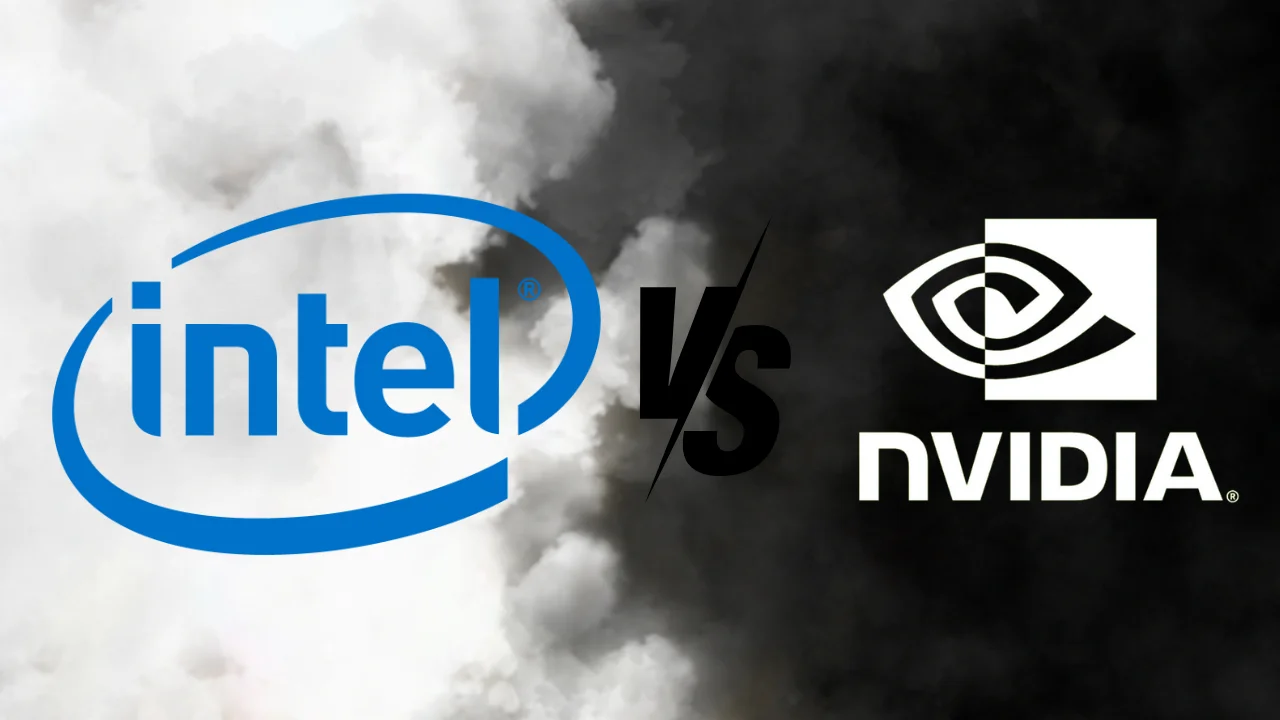Folks, buckle up because the race for AI dominance just got a whole lot hotter.
At the Intel Vision 2024 conference, Intel made a series of significant announcements that could potentially reshape the landscape of enterprise AI.
The highlight of the event was the introduction of the Intel Gaudi 3 AI accelerator, a powerful new tool designed to bring performance, openness, and choice to enterprise generative AI (GenAI).
This isn’t just another announcement; it’s a direct challenge to Nvidia’s H100, the current king of the AI hardware hill.
So, what is Gaudi 3 and how does it work?

The Gaudi 3 AI accelerator is a high-performance tool designed to power AI systems with up to tens of thousands of accelerators connected through Ethernet.
It promises 4x more AI computing for BF16 and a 1.5x increase in memory bandwidth over its predecessor. This means a significant leap in AI training and inference for global enterprises looking to deploy GenAI at scale.
Intel claims that Gaudi 3 will deliver 50% faster time-to-train on average across Llama2 models with 7B and 13B parameters, and the GPT-3 175B parameter model compared to Nvidia’s H100.
This is a bold claim and puts Intel in direct competition with Nvidia, a dominant player in the AI accelerator market. The competition stems from Intel’s ambition to lead the AI revolution and provide enterprises with top-tier AI solutions.
However, the road ahead for Gaudi 3 is not without challenges. It needs to prove its superiority over established competitors like Nvidia’s H100 in real-world applications.
Furthermore, it must address the complexities, fragmentation, data security, and compliance requirements that enterprises face when scaling AI initiatives.
But Why is Intel competing with Nvidia?
There’s a gold rush happening in the world of AI, and everyone wants a piece of the pie. Nvidia has been the undisputed leader for a while, but Intel sees an opportunity to shake things up.
By offering a potentially faster, more efficient option at a competitive price, they’re hoping to win over businesses looking to invest in AI.
Gaudi 3: Potential and Challenges
This is a big deal for the AI industry. More competition means faster innovation, which benefits everyone. Gaudi 3 has the potential to be a game-changer, but there are some hurdles to clear.
Independent testing is crucial to verify Intel’s performance claims. Additionally, convincing businesses to switch from a well-established platform like Nvidia’s H100 won’t be easy.
And it’s important to note that independent benchmarks are needed to confirm Intel’s performance and efficiency claims.
So, only time will tell whether Gaudi 3 can compete with Nvidia’s H100 or not!
Beyond Gaudi 3: Other Highlights from Intel Vision
The Gaudi 3 might have stolen the show, but there were other noteworthy announcements at the event:
a. Open Scalable AI Systems and Collaborations
Intel also outlined its strategy for open scalable AI systems, including hardware, software, frameworks, and tools. This approach aims to create a broad, open ecosystem of AI players to offer solutions that satisfy enterprise-specific GenAI needs.
Intel also announced collaborations with Google Cloud, Thales, and Cohesity to leverage Intel’s confidential computing capabilities in their cloud instances.
b. Open Platform for Enterprise AI
In collaboration with several companies, Intel announced the intention to create an open platform for enterprise AI. This industry-wide effort aims to develop open, multivendor GenAI systems that deliver best-in-class ease-of-deployment, performance, and value.
c. Intel Xeon 6 Processors
Intel introduced a new brand for its next-generation processors for data centers, cloud, and edge: Intel Xeon 6. These processors will offer increased AI performance and are expected to launch soon.
d. Intel Tiber Portfolio of Business Solutions
Intel unveiled the Intel Tiber portfolio of business solutions to streamline the deployment of enterprise software and services, including for GenAI.
This portfolio aims to make it easier for enterprise customers and developers to find solutions that fit their needs, accelerate innovation, and unlock value without compromising on security, compliance, or performance.
The Takeaway
The Intel Vision Event offered a glimpse into the future of AI. Gaudi 3 is a strong contender in the AI accelerator market, and its success could reshape the landscape. Openness, collaboration, and a focus on enterprise needs are key themes Intel is pushing.
If they can deliver on their promises, Intel might become a major AI hardware player. This is an exciting time for AI, and with continued innovation, the possibilities seem limitless.
Furthermore, as the competition intensifies, groundbreaking collaborations are also reshaping industries. One such collaboration between Dell and Northwestern Medicine promises to revolutionize patient care.
Dive into the intricacies of these advancements to stay at the forefront of transformative developments in both technology and enrich your knowledge.




